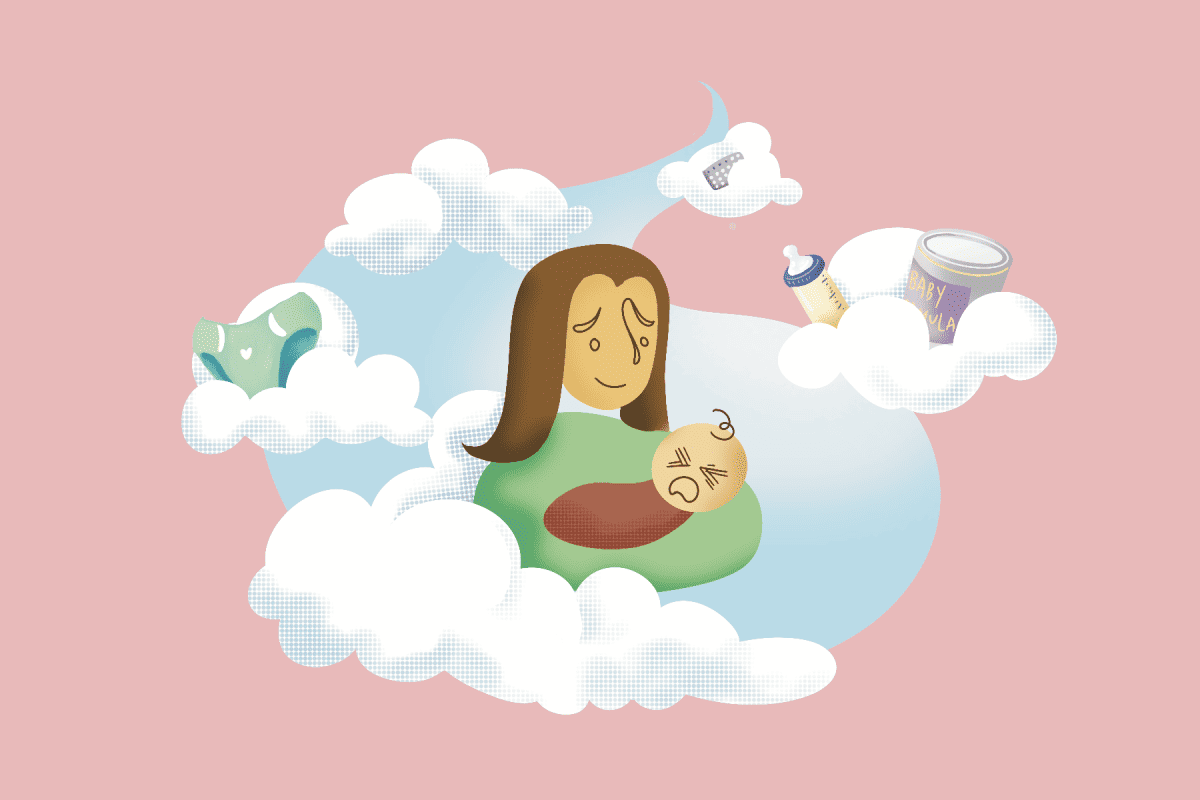With the recent overturning of Roe v. Wade, emotions around so-called bodily autonomy are at an all-time high. The recent infamous Alabama Supreme Court ruling on embryos used for in vitro fertilization, however, is bringing even more nuance into the situation. When exactly does life begin?
Before you stop reading this because of the stark divide in perspectives about this issue, know that while I am unapologetically pro-life, I believe being pro-life entails protecting life from the moment of conception until natural death.
Being pro-life is not merely being pro-birth, it’s a call to respect the inherent and inalienable dignity of every human being. This includes not only unborn children but every human being, regardless of age, race or gender.
I could ramble about the unique set of DNA created at the moment of fertilization, and all the additional philosophical and scientific evidence, but that would be futile, because everyone already has different perspectives on this issue.
I once heard someone say that abortion is not an issue of when life begins, it’s about bodily autonomy. With all due respect to this person’s right to an opinion, I found it appalling.
Are we supposed to ignore signs of human life when it is inconvenient for us? Has society reached the point where we think we can deny the killing of unborn children to justify our actions?
On the topic of bodily autonomy, each unborn child also has his or her own distinct body. This is not only an issue about women’s bodies, it’s about the bodies of unborn children, some of whom are women.
This is undeniable. An embryo, like an adolescent, infant or adult, is one stage of human development. A stage that every person having the privilege to be alive has gone through. If you weren’t once an embryo, you could not be reading this right now. Life begins at conception; it’s simple.
Can the loss of the life of these embryos be considered the wrongful death of minors, as the Alabama Supreme Court ruled? Well, it is certainly the death of minors.
But I cannot stand it when people picket and scream that abortion is murder, because for murder to be murder, there must be “mens rea,” or wrongful intent. The reality is that if any reasonable person were to be aware they were taking a human life, they wouldn’t do it. IVF differs from abortion because the procedures do not just take life, but also help create it.
I could compare this to the tragedies of a woman having a miscarriage and receiving sympathy for the loss of her child. And in 30 states, killing a pregnant woman is treated as a double homicide.
But is what happened to these embryos wrongful? Of course it is objectively wrong to take someone’s life (outside of self-defense and just war theory). But was there intent? Was there an understanding of the severity of the action?
Assigning moral culpability is extremely difficult when you cannot determine whether or not women and doctors who are involved in abortion understand the gravity of their actions.
I do not mean this to incite hate or come across as patronizing, but I truly believe that this is both a matter of ignorance and social stubbornness. We simply lack real dialogue about such a serious issue.
But within the context of recent legislation concerning IVF in Alabama, our moral obligation to both the parents and unborn children is incredibly difficult to navigate.
Ideally, IVF clinics would stop creating embryos, but destroying the existing ones is not a viable option. Forcing women to become pregnant with their children would not be ethical, but if people were to elect to for the sake of the preservation of human life, that would be great.
Perhaps some beneficiaries of IVF could donate their embryos to expectant mothers. But for Catholics surrogacy is another issue to throw into the mix. The reality is, this is a very complicated issue. Complicated issues require intentional solutions.
However, I will say something that is going to upset a lot of people: IVF should not exist.
This is not to say that we should obliterate unborn children or deprive prospective parents of the opportunity to raise a child. I also need to stress that in no way am I saying that people who were IVF babies should have never been born.
But there are thousands of children in the U.S. alone who have been given up for adoption and are left at the mercy of the foster system. The reality is that being a parent is not a right that we are entitled to. It’s a great privilege and a duty to uphold once a child is given into your care. While the adoption and foster systems are not even near perfect, I think it’s noteworthy that due to its costs, IVF is significantly less accessible to the average person than adoption.
This is yet another opportunity for the richer class to hinder, although perhaps inadvertently, the chances of an equitable future for the less fortunate. And don’t even get me started on the commodification of the human body.
The solution to the problems with IVF, however, cannot be sending more people to jail so wantonly in a country where our prisons are already overcrowded. We must not counter violence with more violence.
We need to respect and honor the dignity of every human person. Don’t get me wrong, just deserts are the foundation of our legal system, or at least are supposed to be, but we cannot have true justice without mercy.
We need policies that recognize how sacred human life is, but a witch hunt for people who are involved with IVF is not the solution.







